What green manure to choose in the fall and how to plant them?
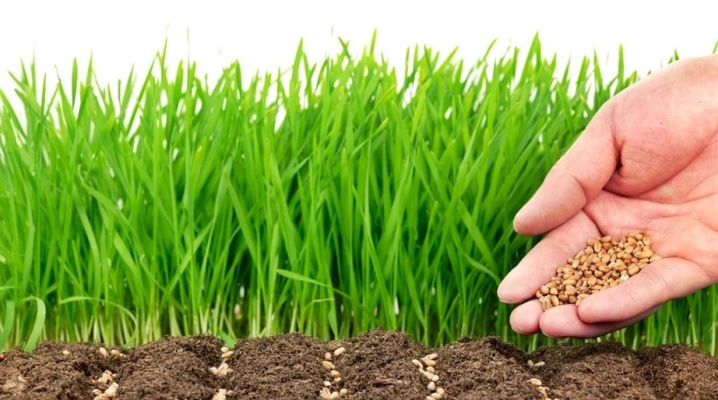
When soil fertility decreases, as well as to improve its quality, many landowners use fertilizers. However, there is An excellent and less expensive alternative to chemicals is green manure. The use of this method contributes to the elimination of fungal diseases, parasites, and also prevents the depletion of soil.
What are we for
There are many main reasons for deteriorating soil quality, however, the most common are the following:
- Planting the same crop in a permanent location. For example, many people always plant potatoes in the same spot. The plant draws all the nutrients from the ground. The alternation of vegetation makes it possible to partially restore soil fertility.
- Annual burning of plant residues in the gardenwhere the culture previously grew. Ash, of course, is a useful ingredient for soils, but when plants are burned, the earth remains bare, and under it is a destroyed structure and microflora for flora representatives.
- Water or wind erosion... Agricultural land is depleted due to insufficient care and attention from humans. However, this situation can be corrected and, as a result, a gorgeous harvest can be obtained.
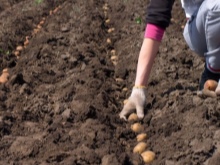
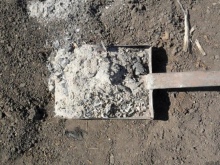
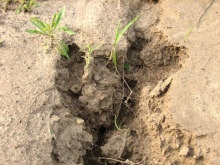
In the fall, you should not only harvest, but also prepare the land for subsequent sowing. As you know, the soil should rest once every 3-4 years. If we are talking about a greenhouse with small dimensions, then you can change the soil in it. Some agricultural workers remove the topsoil and replace it with a new one. All this is done to improve the fertility of the land.
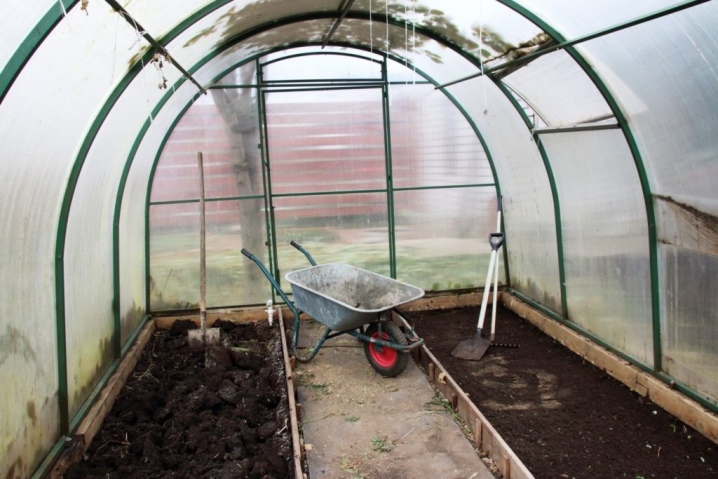
If a person does not have the opportunity to carry out the above activities, then they come to the rescue siderates... These are the so-called green fertilizers that grow on the site. Safe green manure plants that are sown in the garden are in many ways superior to organic fertilizers, for example, manure, with which infections and pests can be introduced into the soil.
They can be planted not only between crops, but also in a continuous way.
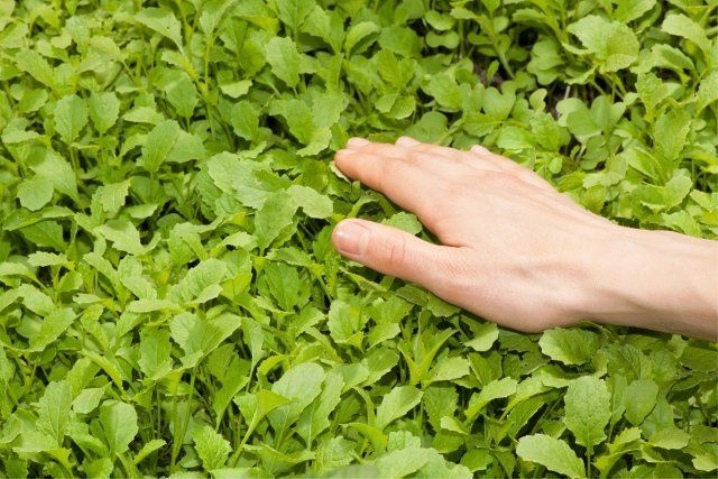
This type of vegetation includes about 400 crops.that have powerful roots and are capable of rapid growth of green mass. Proponents of organic farming are well aware that sowing green manure in the fall is not only an inexpensive, but also an easy way to restore the fertility of the land. Their main functions are as follows:
- loosening the soil;
- enrichment of the soil with a mass of useful substances and, as a result, an increase in fertility;
- assistance in protecting the territory from attack by scab, rot, pests;
- a barrier to the growth of weeds;
- reduction of frost damage to crops;
- retention of snow, respectively, and moisture in the ground.
In addition, cut vegetation can be used as mulching material.
The disadvantage of planting green manure can be called the ability of some of them to germinate in the same area after a certain period of time. This moment can spoil the existing plantings.
Also, experts recommend not to overexpose the herb-fertilizer, so it will begin to give seeds, and it will be difficult to get rid of it.
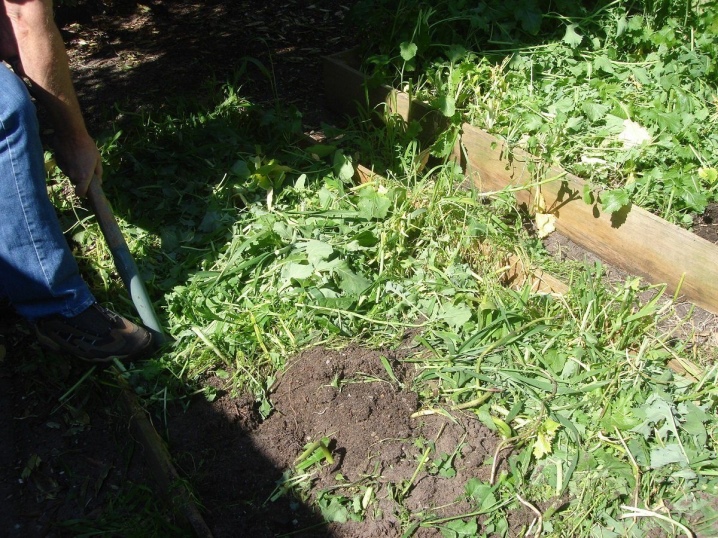
What are the best plants to sow
Many people are interested in the question of what green manure can be used for cucumbers, peas, tomatoes and for raspberries. For the garden, it is worth choosing frost-resistant grass, which will contribute to the correct preparation of the soil for future crops for the next season. The main principle when choosing fertilizer plants is that in no case should you sow green manures from the same family in the same place for several seasons in a row.
Mustard
Mustard can be attributed to fast-growing, cold-resistant fertilizer plants. This green manure has phytoncidal properties. Mustard is capable of destroying ailments of a fungal nature, for example, fusarium, late blight, rot. In addition, the plant scares away wireworms, so it is often used for sowing potatoes in fields.
This type of green manure is not sown before and after cabbage crops.
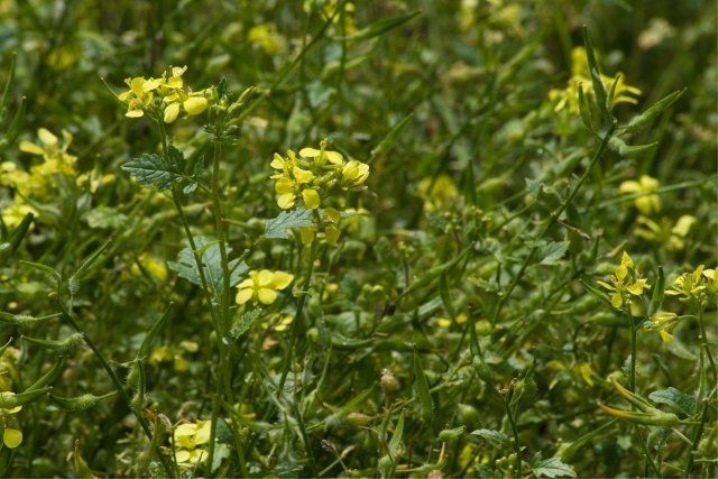
Oats
Since many vegetable gardens on the territory of Russia are clay, dense soils that dry out poorly, therefore many crops suffer from root rot. Oats are characterized by a strong root system that penetrates layers of clay, thereby creating a porous structure for air penetration. After the soil begins to "breathe", the putrefactive infection disappears. Oats are a wonderful precursor for cucumber, squash and pumpkin.
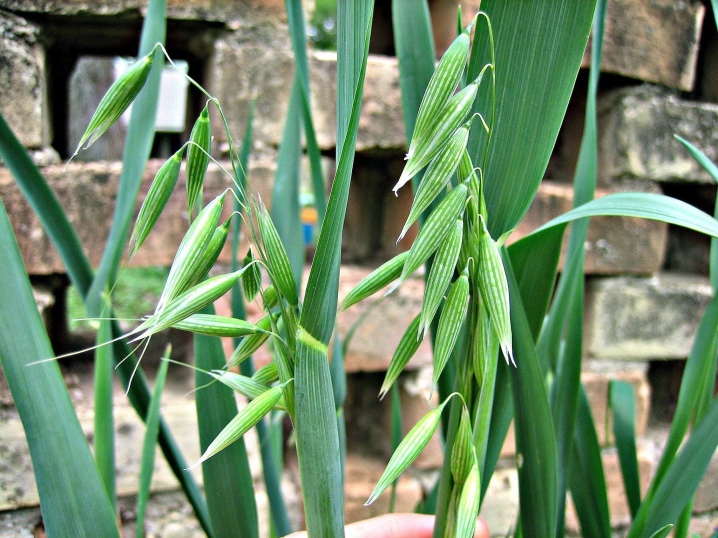
Rye
Sowing winter rye promotes loosening of the soil and displacement of weeds from it... However, the main merit of this siderat is considered the ability to have a detrimental effect on infectious and fungal ailmentsas well as nematodes. During the period from spring to autumn, winter rye cleanses the soil with its presence. This plant is a good choice of a predecessor for potatoes, tomatoes, pumpkin, squash, cucumber, tulip, daffodil, bergenia.
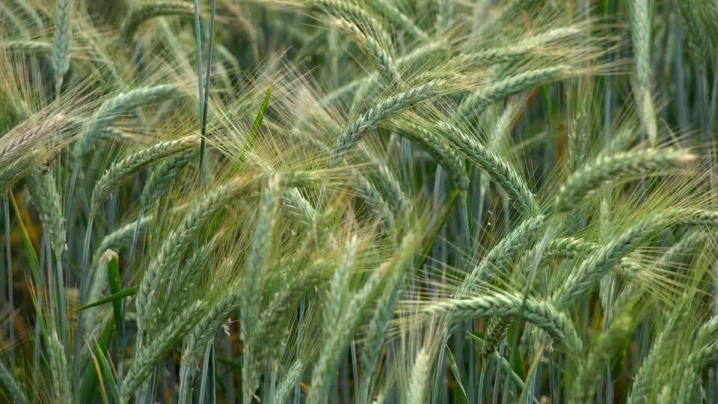
Barley
Barley is excellent as a green manure, as unpretentious to growing conditions. It is able to protect the soil from leaching, weathering, and also helps to loosen it and retain moisture. It is used as a fertilizer plant for sowing ahead of potatoes, clover, peas, corn and buckwheat.
Not recommended for winter grain crops and grasses.
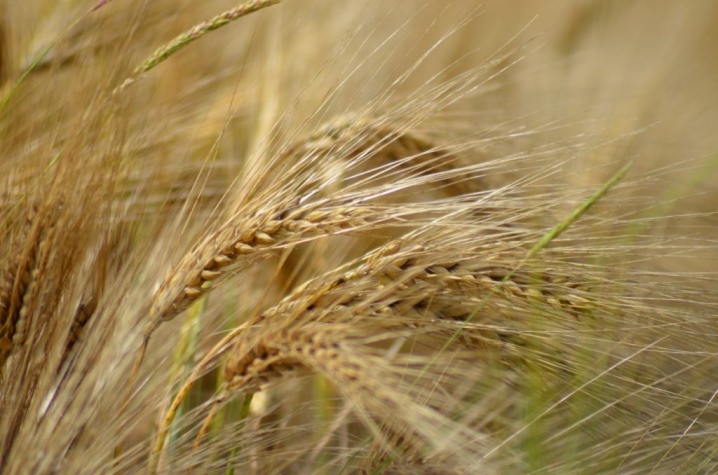
Phacelia
Phacelia is a representative of a separate family that has almost nothing to do with the crops that grow in the garden. From this it follows that this representative of the flora can be used as a green manure for any vegetables. Phacelia perfectly builds up green mass from openwork, fluffy foliage. After cutting, this grass quickly decays, thereby saturating the earth with micro and macro elements.
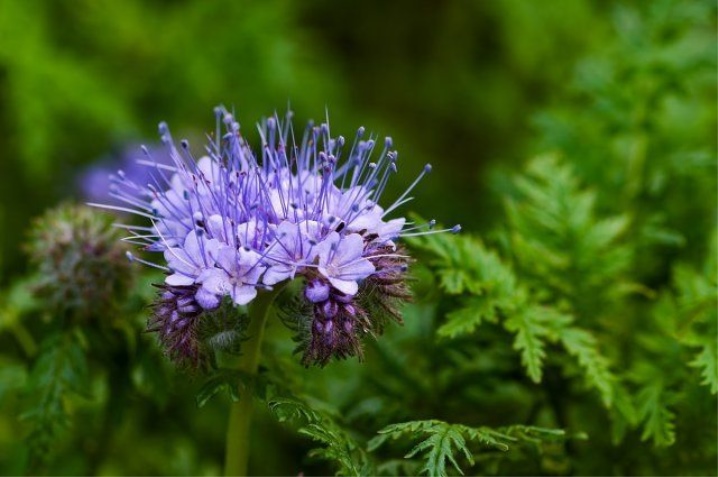
Also, as siderates, you can use rape, oil radish, clover, alfalfa, calendula, nasturtium and ryegrass. On waterlogged soil, they show themselves well lupine, seradella.
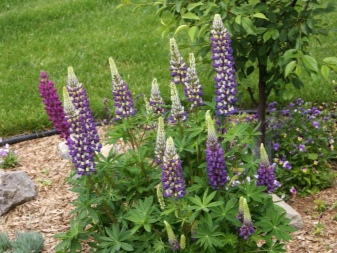
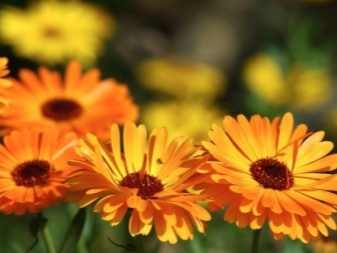
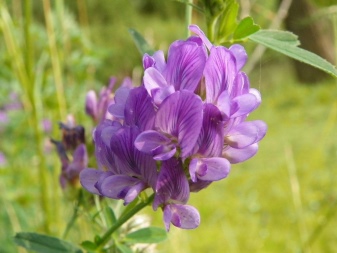
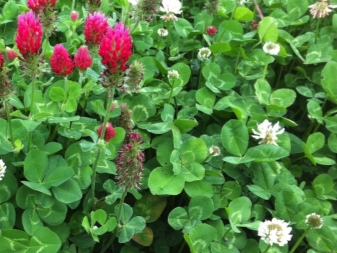
The influence of green manure on the ground
Types of vegetation | Impact on the ground |
Spring, winter rapeseed, rape | Saturation with phosphorus, sulfur and organics |
Mustard | Saturation with phosphorus, sulfur, elimination of wireworm |
Oil radish | The above properties, as well as the reduction of nematodes, the elimination of root rot |
Sunflower | High content of organic fiber, which forms a structure and at the same time is difficult to decompose |
Rye and Wheat | Saturates the earth with organic matter, as well as potassium, nitrogen |
Oats | Enriches the soil with organic compounds, potassium |
Buckwheat | Saturates the soil with organic matter, potassium, phosphorus, shows high efficiency on heavy soils |
Phacelia | Enriches the soil with nitrogen and organic compounds |
According to professionals, legumes Are the best precursors for tomatoes, peppers, cucumbers, potatoes, radishes. After buckwheat you can sow any plants except sorrel, spinach, rhubarb. Cereals Is a green manure for the same crops as legumes. After cruciferous you can grow tomato, eggplant, potatoes, carrots, parsley, dill.
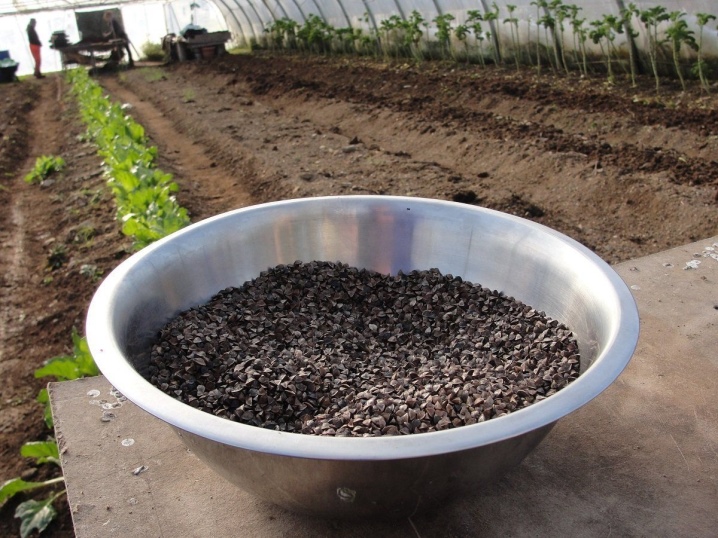
Landing dates
The best time for sowing green manure is considered to be early autumn and August. The procedure can be carried out immediately after the last vegetables have been harvested. Winter types of fertilizer plants should be sown no later than the second half of September and only if the autumn is warm.
Before it gets cold outside, green manure should look like formed bushes about 20 cm high. Otherwise, they will not be able to survive the winter. When the region is characterized by cold September and frosty October, it makes no sense to sow green manure, since they will not survive the frosty season. In this case, it is better to postpone the sowing procedure to spring or summer, after collecting onions and garlic.
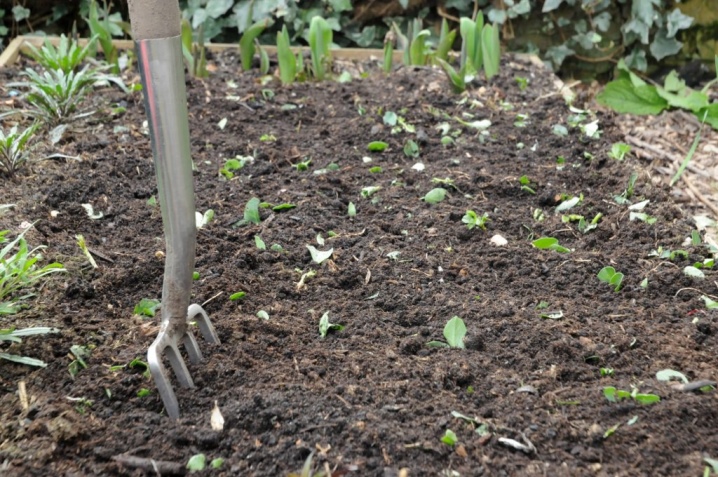
How to plant correctly
Each type of green manure has its own planting characteristics, which should be taken into account:
- legumes do not like sour soil;
- dyeing woad is able to survive temperature drops, as well as dry weather;
- Vetch is a demanding representative of the flora, it is recommended to plant it by mixing with cereal vegetation.
In autumn time in a greenhouse, sowing siderates can be carried out twice in the fall. However, even with a one-time full planting, the gardener will be able to get a good effect from sowing fertilizer plants. Like any other representative of the flora, green manure feeds from the soil during its growth and development.
In case of significant scarcity of the soil, vegetables, weeds that grow on it, like green manure, will be frail. For this reason, professionals recommend before sowing fertilizer plants, feed the soil. For example, you can add nitroammofosk in the amount of 30 grams per m2. If the site is characterized by fertile soil, then additional fertilizing is not required.
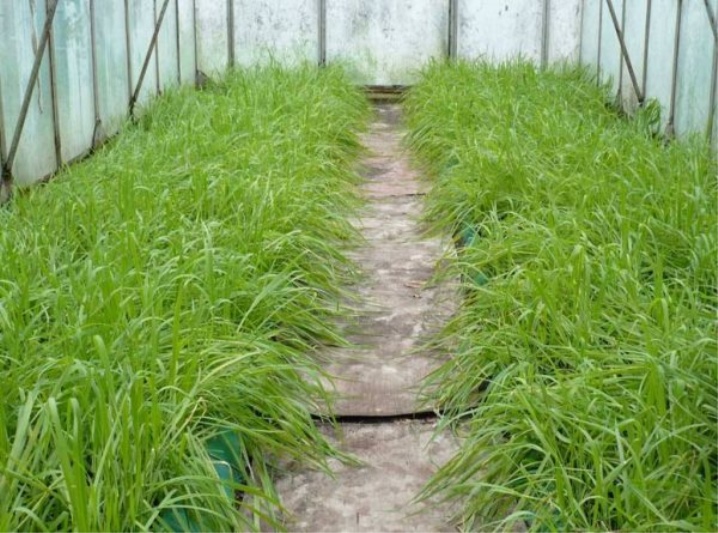
The step-by-step procedure for sowing green manure is as follows:
- It is necessary to dig up the area along with fertilizers into the bayonet of a shovel or loosen it to a depth of 5 centimeters. People who are supporters of natural farming have a positive attitude to loosening the soil.
- Cut grooves with a depth of 20-40 centimeters at a distance of 15 centimeters from each other. Seeds should be sown or fanned out. The sowing should be characterized by density, the seeds should be in the form of continuous stripes. Those siderates that rarely sprout will not be able to compete with weeds.
- Furrows, both in the garden and in the greenhouse, need to be leveled. If the sowing was continuous, then they should be mixed with the soil.
- Dry autumn land must be watered. Otherwise, the seeds may lie in the ground without sprouting. If watering is not possible, then it is worth sowing green manure on the eve of rain.
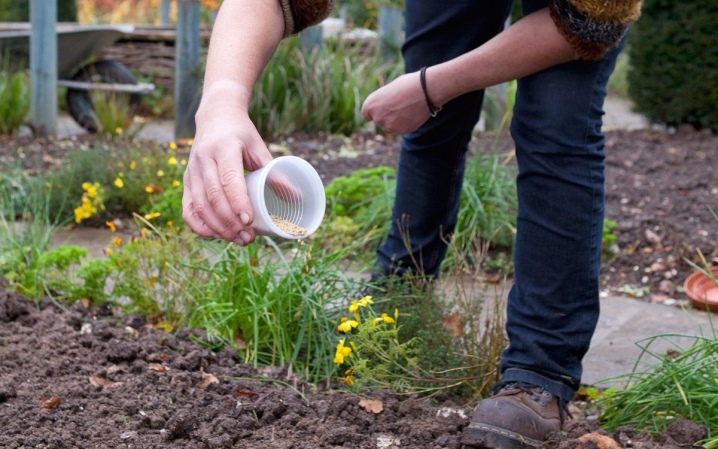
Do I need to dig before the winter
There is still no answer to the question of what to do with the sown green manure before the onset of winter, each of the farmers has his own opinion on this matter. The time of harvesting the fertilizer plant is selected individually. Currently, there are 3 cleaning methods:
- 7 days before the onset of cold weather, the stalks of green manure can be cut off, leaving small hemp... And only in spring time it is worth digging up the soil before vegetable crops are planted on it. The greens that have been cut can be used as compost or mulch.
- For the winter, siderates do not need to be mowed, leaving them to overwinter in their natural form. With the onset of frost, these representatives of the flora will stop growing, they will not produce seeds, and their high stems will keep the snow cover. As a result of such measures, the soil is warmed, and the land gets more benefits from green manure. In the first days of spring, after the snow melts, the vegetation is piled up in one pile and then burned. The ash that forms after this process has nutritional properties. This method will produce a dark, oily soil with a high nutrient content.
- In the autumn period of the year, green manure can be dug up. There is no need to cut off the stems, but the soil is plowed along with the grown grass and left to rot for the winter. With the onset of spring, the soil is dug up again, after which crops are planted.
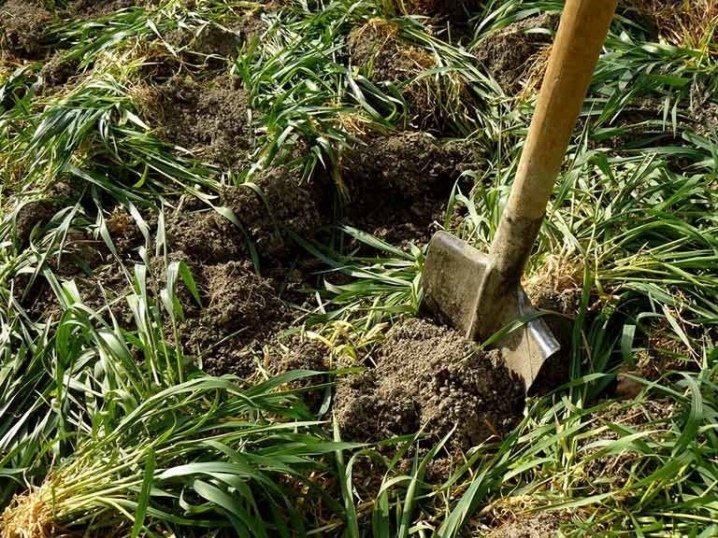
Green manure is considered a good organic fertilizer., which normalize the state of the soil in a natural way. However, in case of untimely mowing, this vegetation can fill the entire area, being a weed. Natural fertilizer plants can be planted both outdoors and in greenhouses. The main thing that the owner should remember is prevent fatigue and oversaturation of the land on your own site.
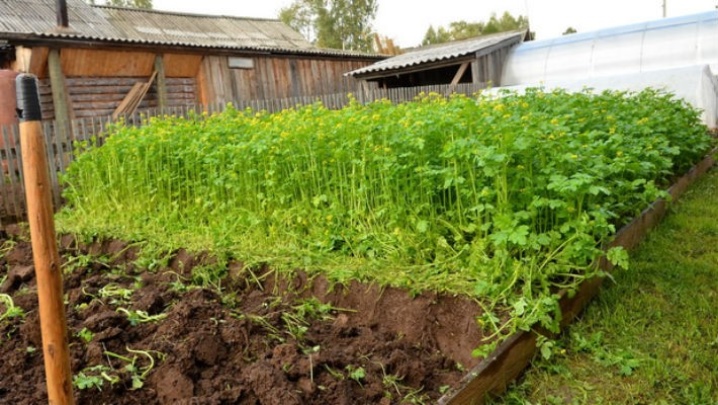
What green manure to choose for tomatoes and how to plant them correctly, you can learn from the following video.













The comment was sent successfully.